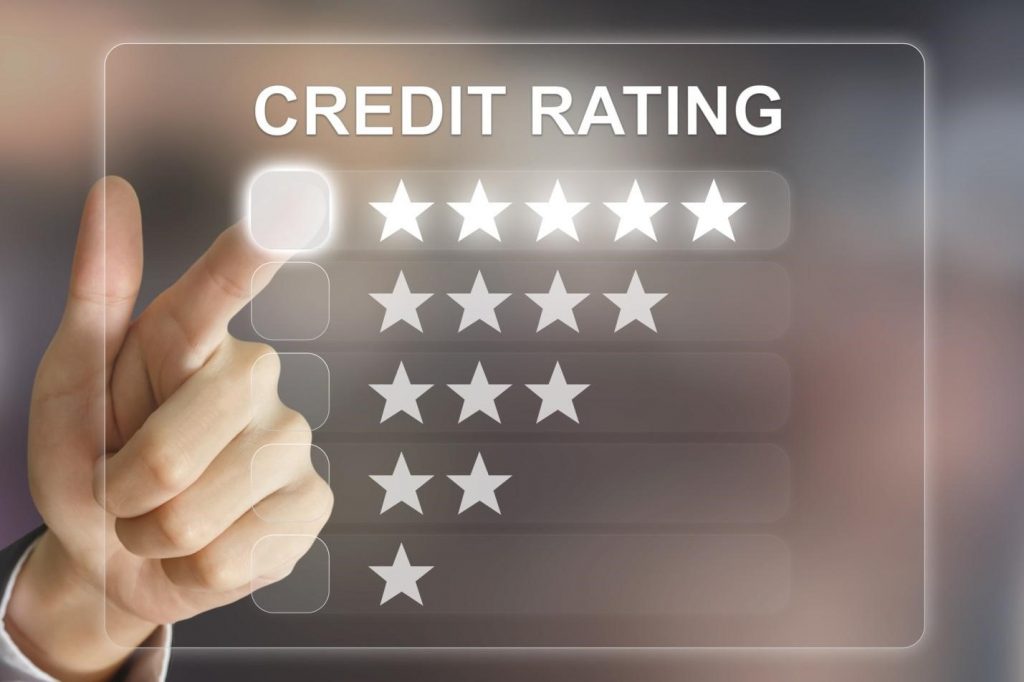No Credit? No Problem: 5 of the Best Solutions for Boosting Your Credit Rating
If you’ve got bad credit or no credit, it can be hard to get loans or a mortgage. Don’t worry, here are 5 great ways to boost your credit rating in no time.
In 2017, the average credit rating for Americans was approximately 675, and this number has seen a steady increase. In 2018, the average credit score for Americans was 704, and it was cited as a “record” year with more Americans with good credit than not.
But if you are struggling with keeping your credit karma afloat, that isn’t the bad news that it may feel like. The upside to millions more having better credit than you is that you know improving yours can be easy too. Start using these 5 solutions right now and watch the benefits roll out on your credit rating.
- Correct Your Credit Rating Report
One of the first and most obvious things to do in order to improve credit scores is to see what yours is. Go for the full credit file from the bureaus such as Equifax and Trans Union.
Both of those reports should be similar in number, with maybe 5 points for error either way. Don’t worry about what your magic number is, just yet. You need to have this information so that you know what the global picture is for your score. But you also need to make sure the information in all of these reports is accurate.
Go through your credit file with a fine-toothed comb, and make a list of any inaccuracies. Both companies have contact information on their websites if you need to start correcting errors on your credit report.
You can also contact the lender specifically and take care of any problems from there.
Errors on your credit report can be costly to your credit score. Get ahead of that game, and chip some errors off one by one.
- Make Sure You Are Registered to Vote
This may sound like a silly tip that is completely irrelevant, but it’s not. The voter rolls are said to present the most accurate information about Americans.
At the same time, they are often used by banks and lenders to check their new loan application against the voter rolls to verify information.
So you want to be sure your voter roll registration is up to date. Being able to get more credit will improve your credit score.
- Do a Financial Housekeeping Purge
The thought of closing bank accounts and purging unnecessary items in our budget can make many Americans sick.
But when it comes to improving credit ratings, Americans cringe at every step already. Dealing with our finances head-on is just awkward, even on a good day.
This step is an important one, and not as scary as it sounds. If you have bank accounts on your report that you aren’t using, or have gone stagnant, or even credit card lines that you don’t even use, you could be hurting in your credit score.
Closing old accounts and letting go of old credit lines is a good way to clean up your credit. Even an old bank account you haven’t used in 5 years sitting on your report could be a banking factor impacting your store.
So it’s time to do some weeding so you can improve that final credit rating over the next 90 days or so.
- Start Using Credit
It’s important to remember that using credit wisely is a great step in improving your credit score. Banks want to make money off you, and selling you credit lines is how they do it.
Start using credit nominally and even those little chips will help improve your credit score. If you’re trying to get a car, for example, try avenues like auto-financing with no credit methods, as there are many out there today.
Prepaid Visa cards or Prepaid Mastercards go a long way towards improving a weak credit score. Apply for one and put a minor amount as your limit, one you know you can pay off every month.
Check for one on sites such as CardGuru. After responsible use, you should see an improved credit score within about six months.
- Stay on Time
One of the most important factors in credit lending is your history, that’s what the credit score is. You need to cement in your head the habit of staying on time with your bills.
Even minimum payments are better than nothing. One missed payment will show up on your credit score the month later, especially on utilities such as your telephone or cell phone bill.
Just stay on time. And if you aren’t already, make a bill paying schedule calendar and stick to it.
Pay off debts as soon as you can, especially if they are the ones showing up on your report. Then, set your own schedule for never missing a payment again.
Your reward will be an improved credit score.
Take Control of Your Credit
For the first time in history, the average American credit score hit the 700’s. It’s a nice relief after the real estate bubble burst of 2006, 2007, and 2008.
The reason this is happening is that more Americans are getting credit again, and using it responsibly. This can be you too.
Subscribe to our newsletter to learn the best ways to boost your credit score, among many other financial tips, and begin improving your financial outlook and credit rating today.




